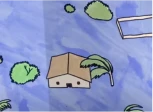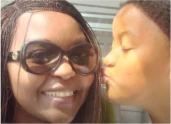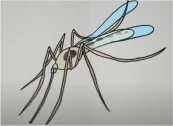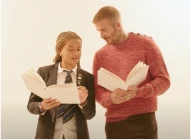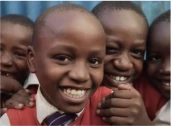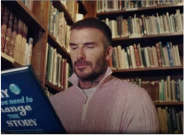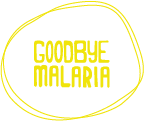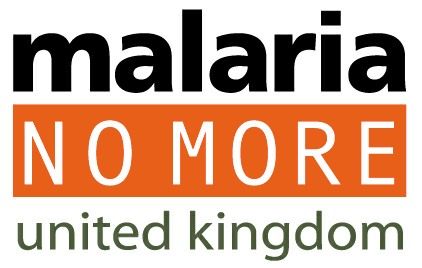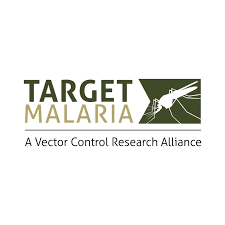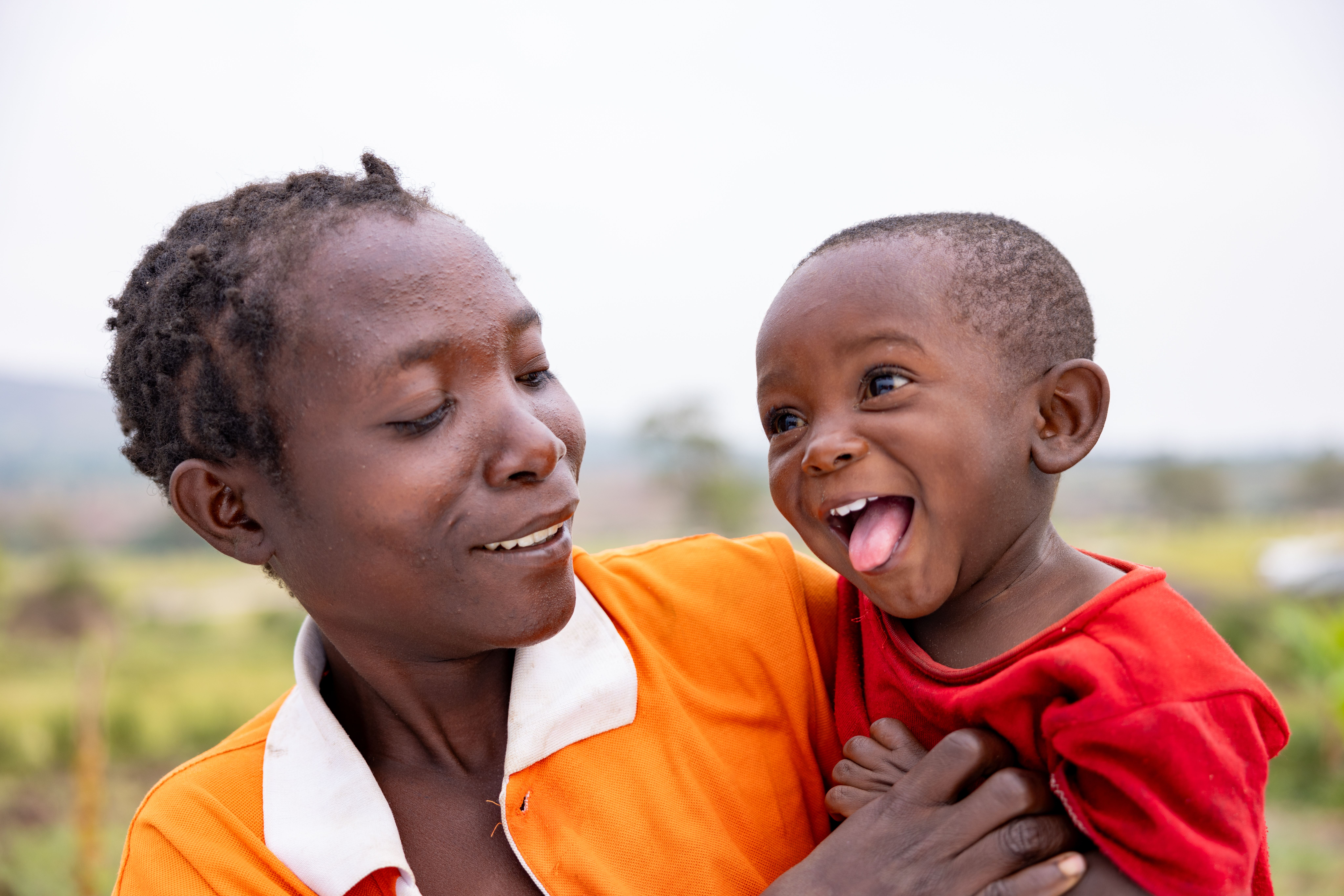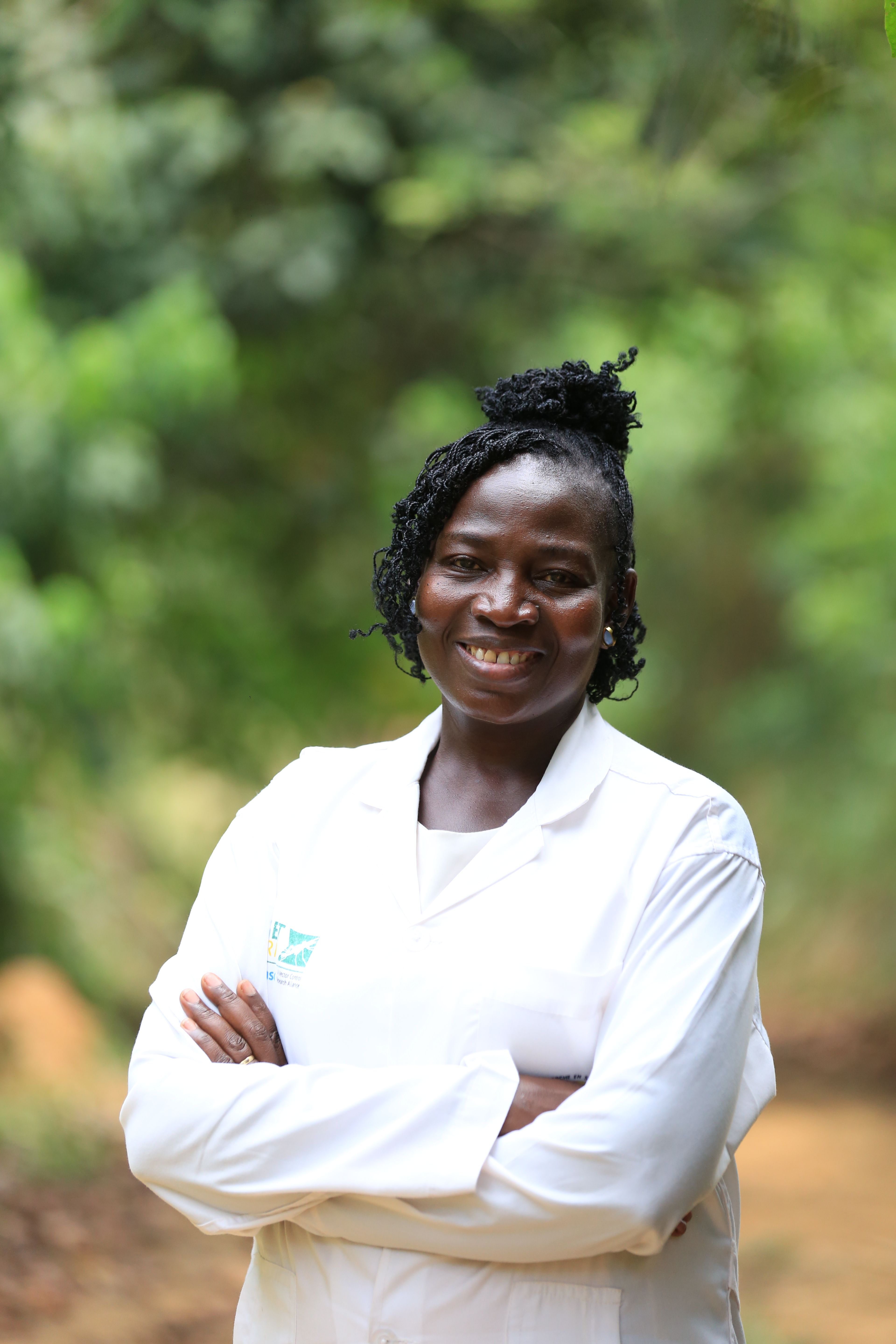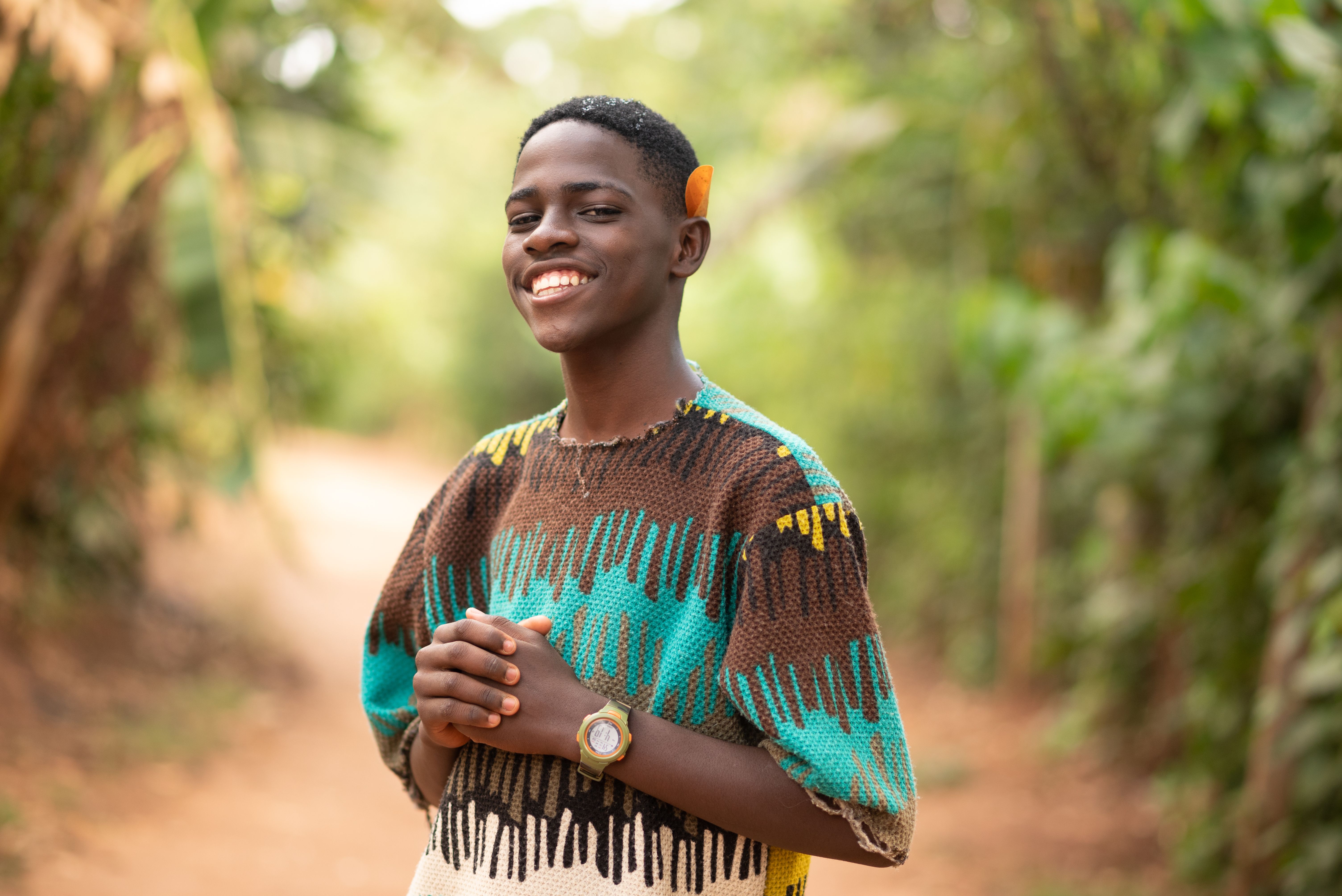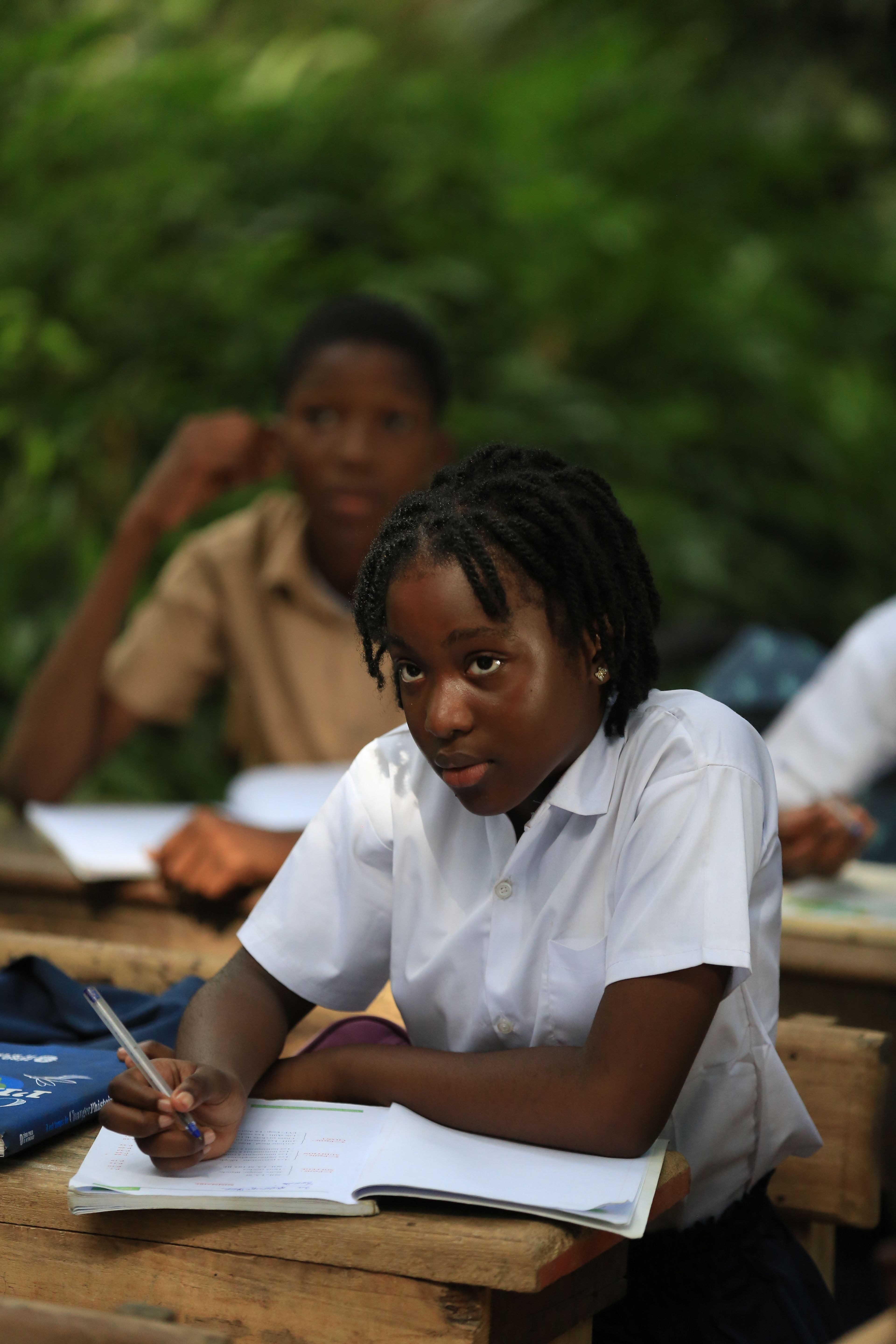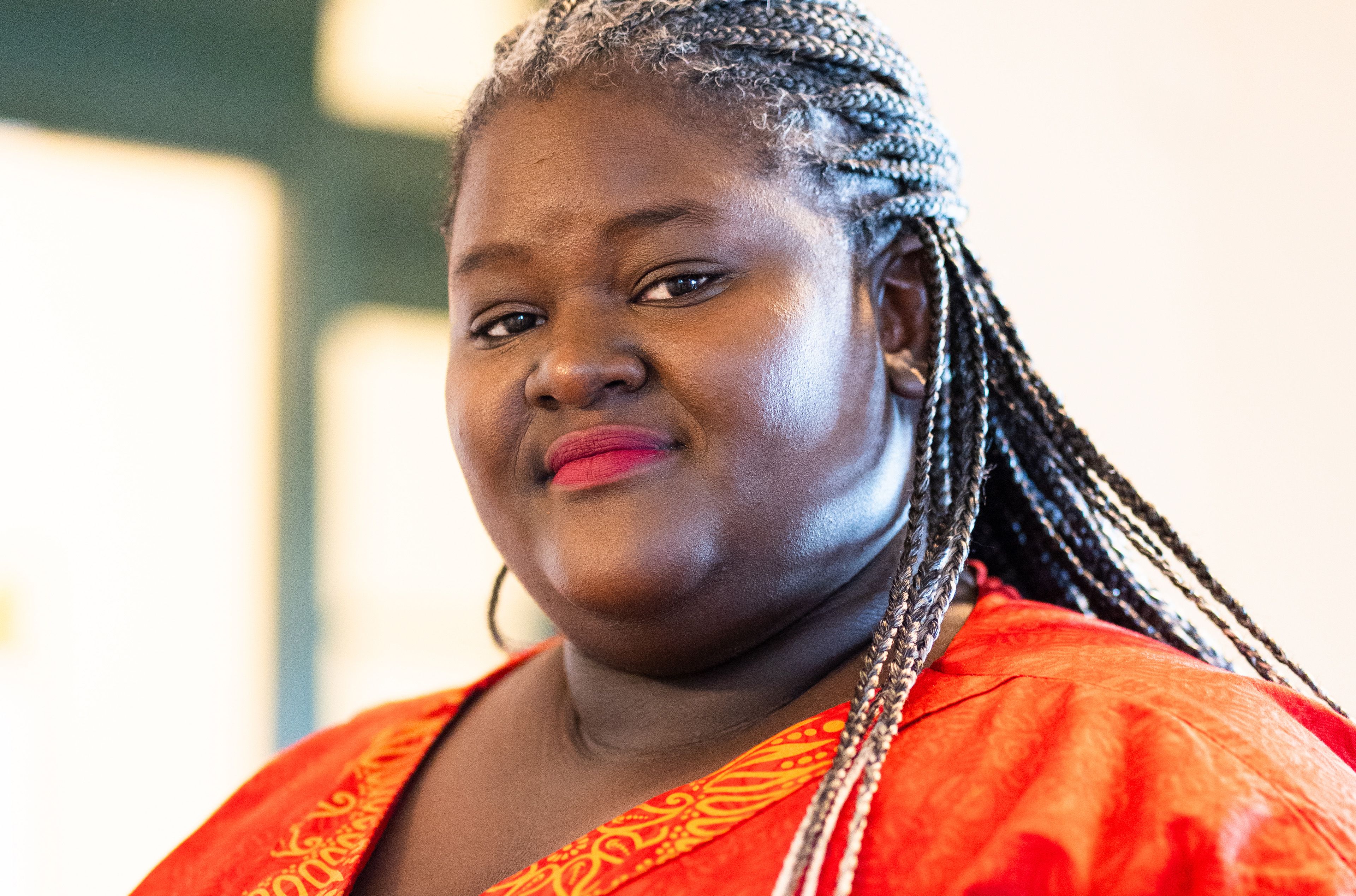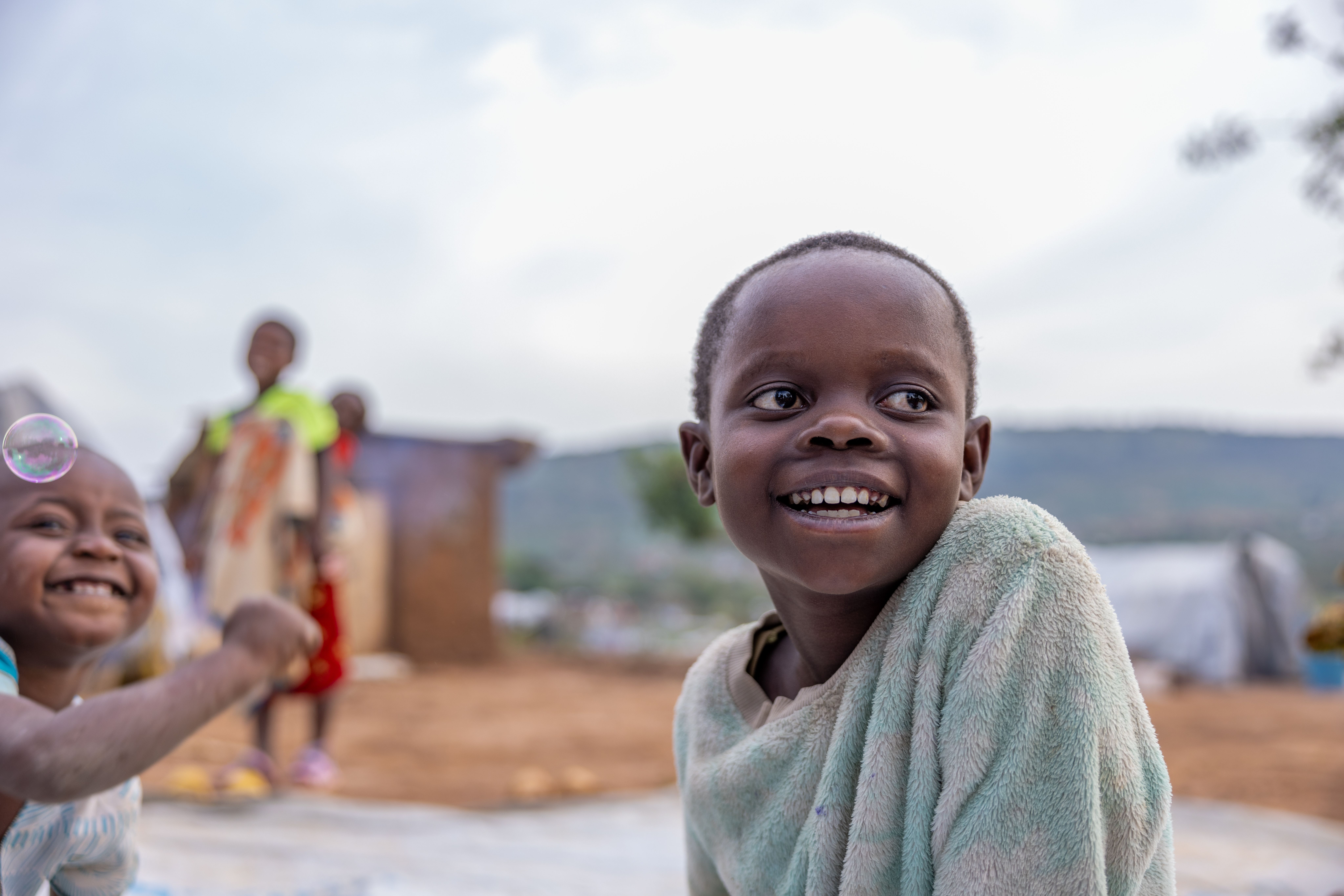
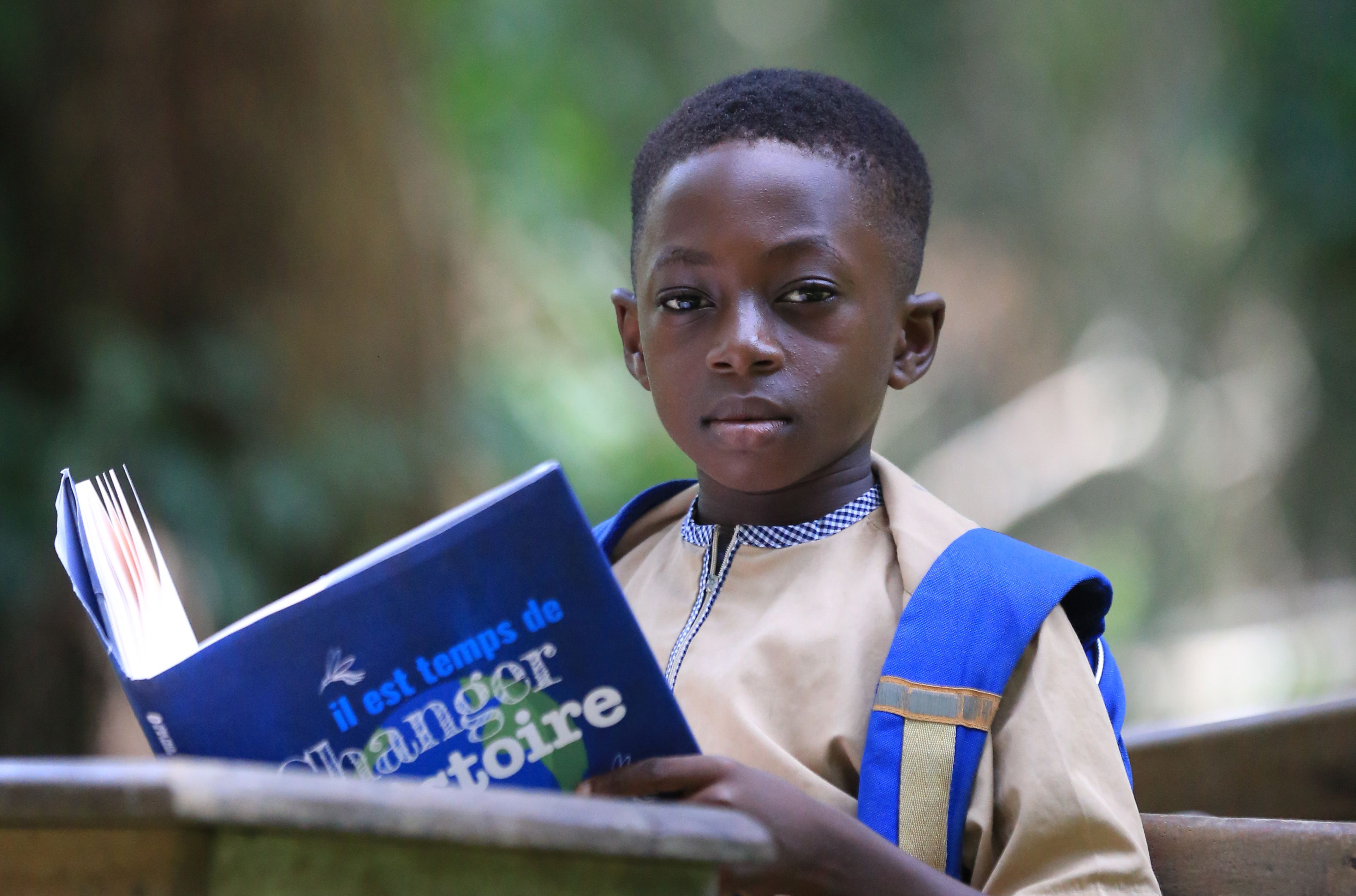
It’s time to Change the Story
Children are the most vulnerable to malaria and yet their voices often go unheard.
Change the Story puts children at the heart of the fight, amplifying their voices to inspire global action. Their experiences show us what’s working, what’s at risk, and why urgent action is needed.
Over the last two decades, the world has halved the death rate from malaria. But without more investment, we could lose that progress.
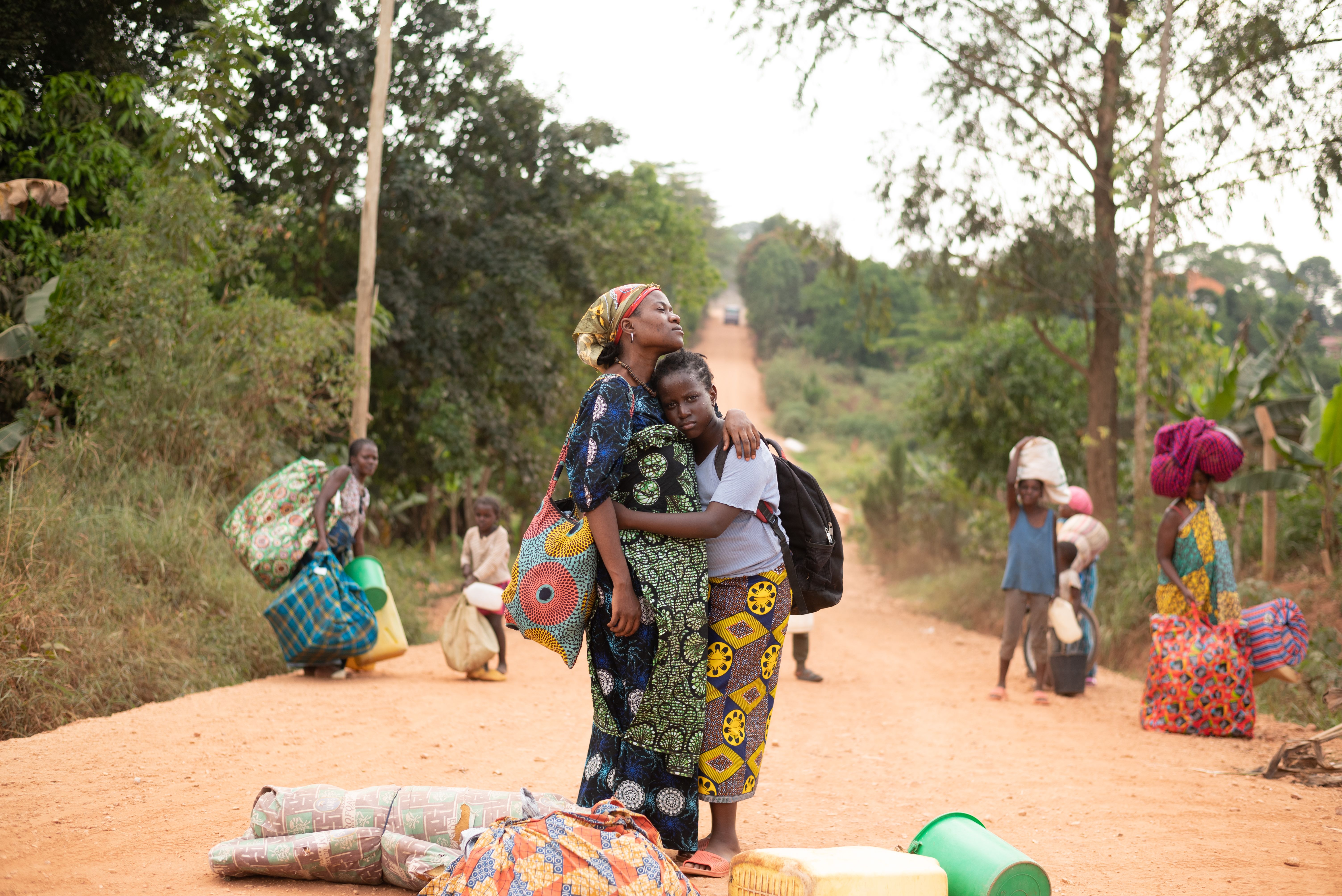
Protecting the most vulnerable
When families are forced to flee their homes, they often leave everything behind — including protection from malaria.
Sleeping outdoors and without mosquito nets, they are exposed to deadly bites.
Access to testing, treatment and mosquito nets saves lives.
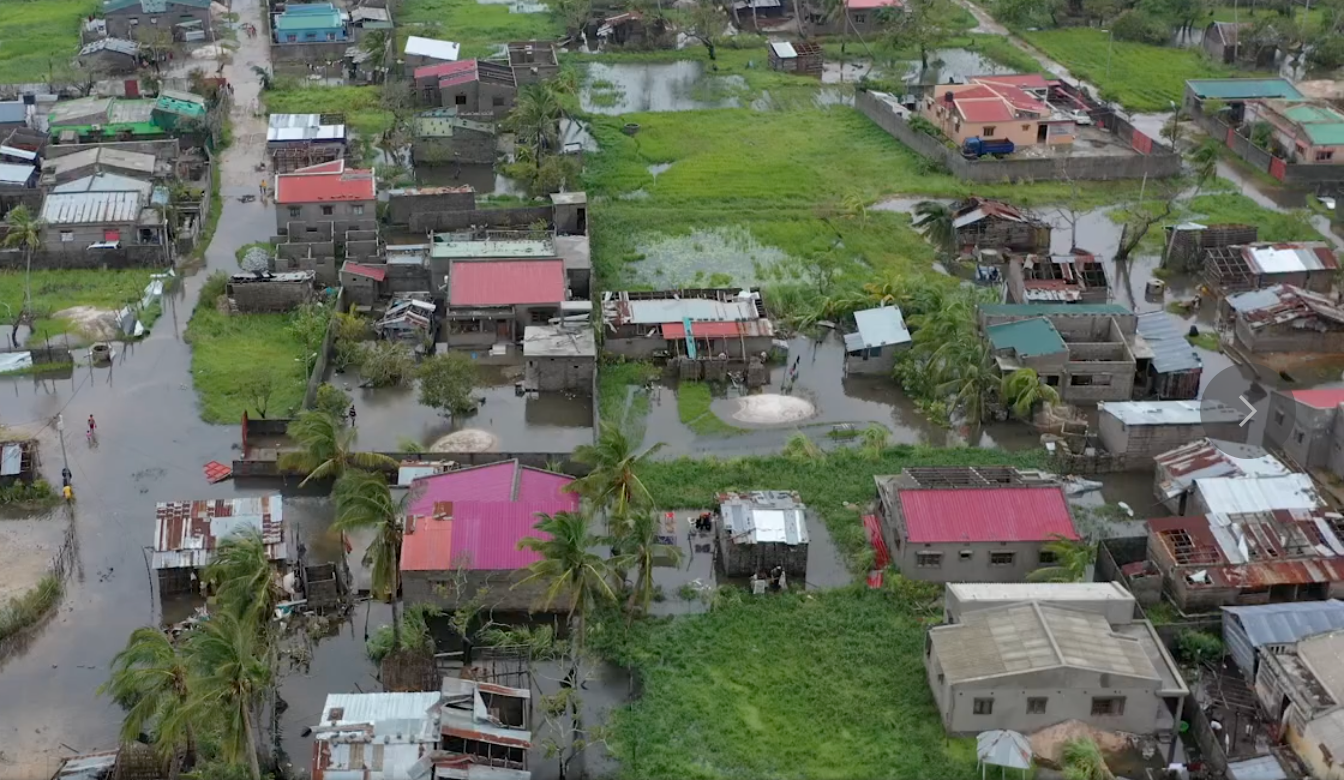
The perfect storm
We are at a critical crossroads. Resistance to current tools, extreme weather, humanitarian crises, and a lack of funding are putting the opportunity toend malaria at risk.
New data shows that without increased investment; malaria could kill 337,000 more people in Africa. 80% of themchildren.
Malaria also puts pressure on weak health systems and hides other diseases that could cause future pandemics. By ending malaria we can help protect everyone, everywhere.
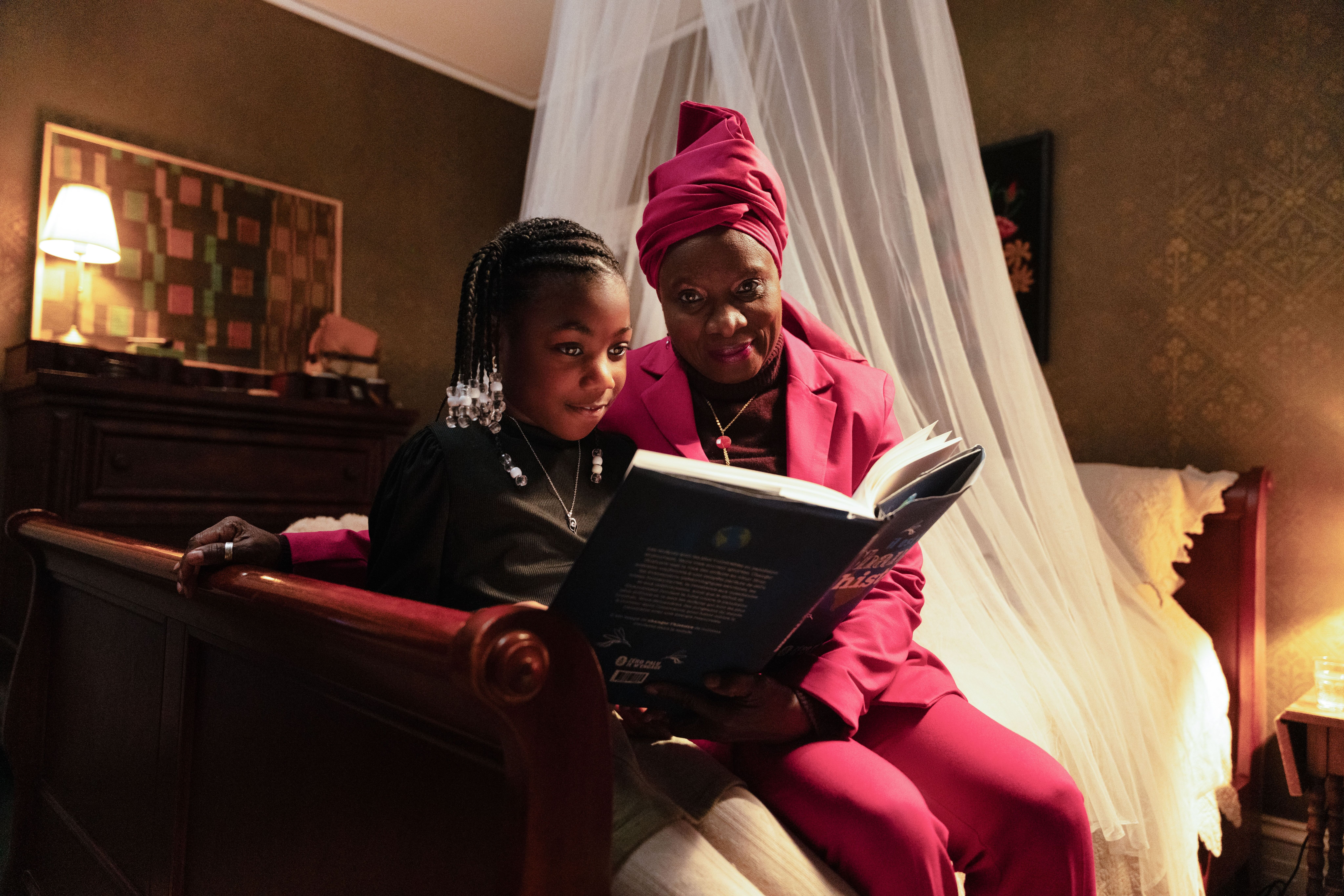
Ending malaria is still within reach
2025 is our chance to get back on track.
For the first time in history, we have the tools to change the course of malaria. From next-generation mosquito nets and new life-saving drugs to the world’s first malaria vaccines, innovation is transforming what’s possible. And with cutting-edge research underway — including genetically modified mosquitoes designed to stop transmission at source— the tools of tomorrow are already within reach.
But tools alone are not enough. We need strong leadership and investment to get these tools to the people who need them most.
A fully funded Global Fund will save lives, stop malaria, and make health systems stronger.
It’s time to Change the Story.
Discover all the real stories behind this powerful campaign.
Hear the children's voices calling on our world leaders to end malaria to save millions of kids lives.
